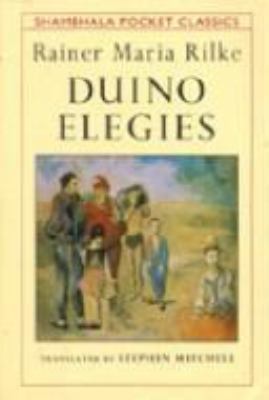All Formats & Editions
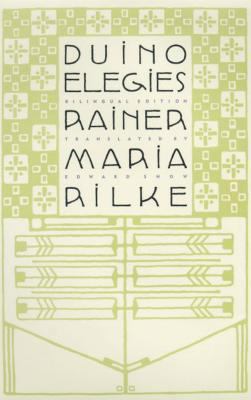
Duino Elegies: A Bilingual Edition
Who, if I cried out, would hear me among the angelic
orders? and even if one of them pressed me
suddenly to his heart: I'd be consumed
in that overwhelming existence. For beauty is nothing
but the beginning of terror, which we can...
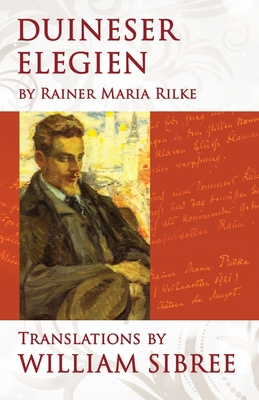
Duineser Elegien: Bilingual Edition
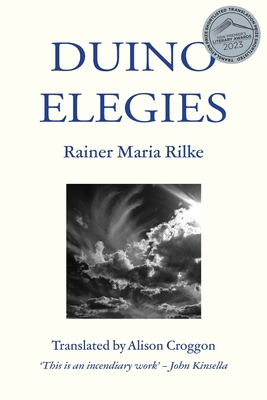
Duino Elegies
Rainer Maria Rilke (1875-1926) is one of Germany's major Modernist poets, notable for the lyric intensity of his work. He considered the Duino Elegies - a cycle of ten poems written in inspirational bursts between 1912 and 1922 - to be his major achievement. The restless movement...
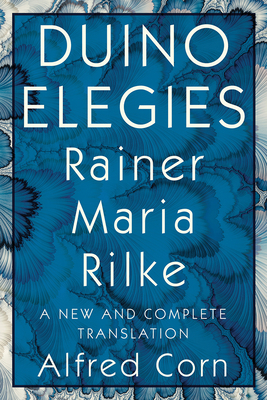
Duino Elegies: A New and Complete Translation
Rainer Maria Rilke's Duino Elegies are one of the great literary masterpieces of the twentieth century. Begun in 1912 while the poet was a guest at Duino Castle on the Adriatic Sea and completed in a final bout of feverish inspiration in 1922, the ten elegies survey the mysteries...
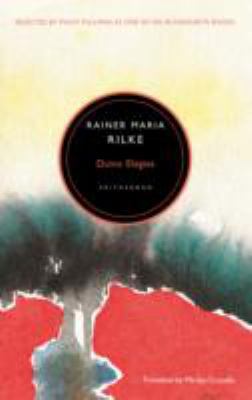
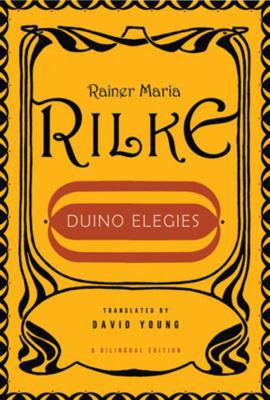
Duino Elegies
We have a marvelous, almost legendary, image of the circumstances in which the composition of this great poem began. Rilke was staying at a castle (Duino) on the sea near Trieste. One morning he walked out on the battlements and climbed down to where the rocks dropped sharply...
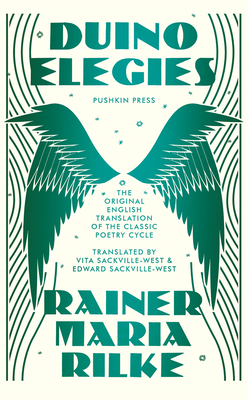
Duino Elegies, Deluxe Edition: The Original Eng...
'The deepest mysteries of existence embodied in the most delicate and precise images. For me, the greatest poetry of the 20th century' - Philip Pullman

The Duino elegies (Harper colophon books)

Duino Elegies (In German with English translati...
![Duino Elegies: A Bilingual Edition [German] 0865475466 Book Cover](https://i.thriftbooks.com/api/imagehandler/l/0AB8DC4C3A6C524C5ACEC1DBE3D830401450ADFB.jpeg)
Duino Elegies: A Bilingual Edition [German]
Who, if I cried out, would hear me among the angelic orders? and even if one of them pressed me suddenly to his heart: I'd be consumed in that overwhelming existence. For beauty is nothing but the beginning of terror, which we can just barely endure, and we stand in awe of it...
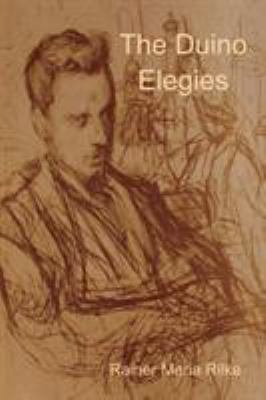
The Duino Elegies
The Duino Elegies (German: Duineser Elegien) are a collection of ten elegies written by the Bohemian-Austrian poet Rainer Maria Rilke (1875-1926). Rilke, who is "widely recognized as one of the most lyrically intense German-language poets," began writing the elegies in 1912...

Duino Elegies
Poetry. Translated from the German by Gary Miranda. Begun in 1912, interrupted by the Great War, and completed early in 1922, the ten meditations on love and death in Rilke's DUINO ELEGIES are perhaps the twentieth century's most sustained outpouring of lyricism. Abstract, allusive,...
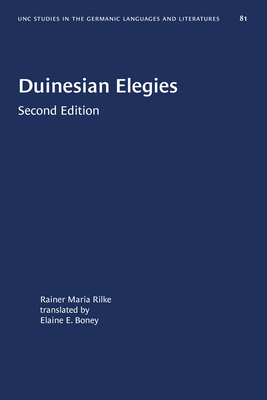
Duinesian Elegies
A poetic English rendering of Rainer Maria Rilke's Duineser Elegien printed together with the original German on facing pages. The translation places high value on conveying the meaning of the Elegies, although it does not attempt to retain the original meter. An additional,...
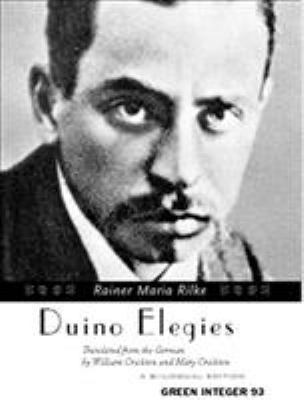
Duino Elegies
Long dissatisfied with the highly romatical and often obscure translations in English of Rilke's great poem cycle, brother and sister Willam and Mary Crichton determined to work toward a translation that would be as straightforward and transparent, yet as lyrically beautiful...
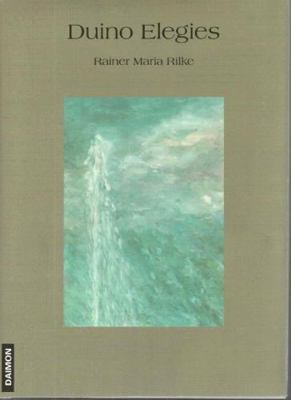
Duino Elegies: Bilingual English-German Edition...
![Las Elegías de Duino [Spanish] 1539605760 Book Cover](https://i.thriftbooks.com/api/imagehandler/l/5415967F62B1F93FE386DD42DDFB074505D1E1C7.jpeg)
Las Elegías de Duino [Spanish]
Las Eleg as de Duino By Rainer Maria Rilke, Editorial Oneness (Edited by)
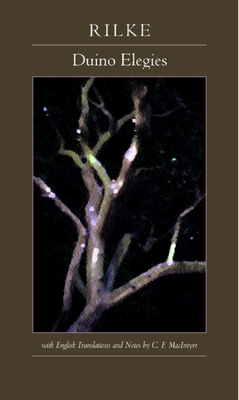
Duino Elegies
Begun in 1912 at the castle of Duino near Trieste, these ten Elegies were finally completed, after a decade of sporadic and protracted creation, at the Ch?teau Muzot in the Swiss Valais. Rilke considered them his greatest achievement, and, as MacIntyre suggests, they are "among...
![Duineser Elegien: Ein metaphysisches Weltbild i... [German] 8026856317 Book Cover](https://i.thriftbooks.com/api/imagehandler/l/7ED2E981B929F3D13E54E40CF83EB5F7FEC0908E.jpeg)
Duineser Elegien: Ein metaphysisches Weltbild i... [German]
Duineser Elegien ist der Titel einer Sammlung von zehn Elegien des Dichters Rainer Maria Rilke. Ihr Name leitet sich vom Schloss Duino bei Triest ab, wo Rilke 1912 Gast der Gr fin Marie von Thurn und Taxis-Hohenlohe war. Dort entstand die erste Elegie. Elegien changieren zwischen...
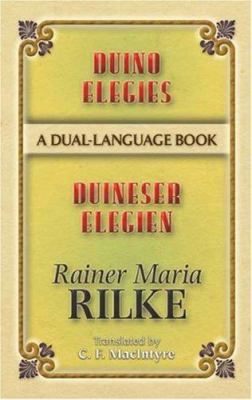
Duino Elegies/Duineser Elegien: A Dual-Language...
Rainer Maria Rilke, one of Germany's greatest poets, began this work in 1912, at the castle of Duino near Trieste. It took him a decade to complete these meditations on love, death, God, and life's meaning, and he regarded them as his greatest achievement. Innovative and enigmatic,...

Duino Elegies (English and German Edition)

The Duino elegies

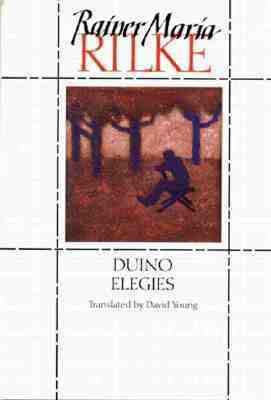
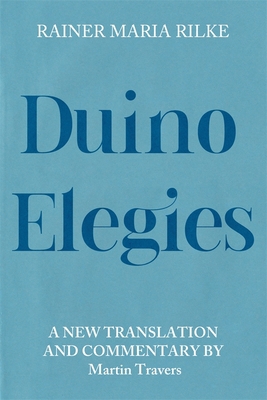
Duino Elegies: A New Translation and Commentary
A new translation of Rilke's great work with close readings of each of the ten elegies elucidating how their poetic attributes constitute their meaning. Rilke continues to be the most read and discussed German poet of the modern period. The Duino Elegies, together with...
